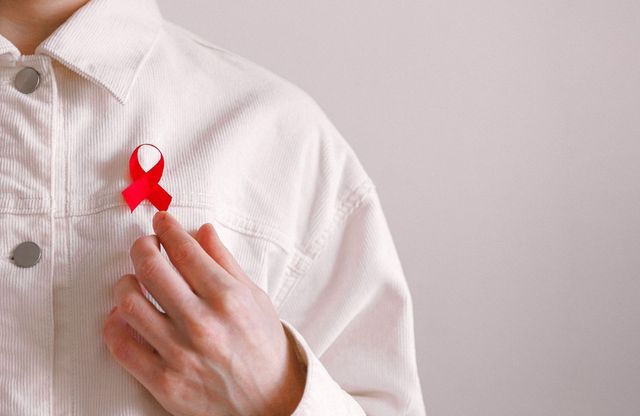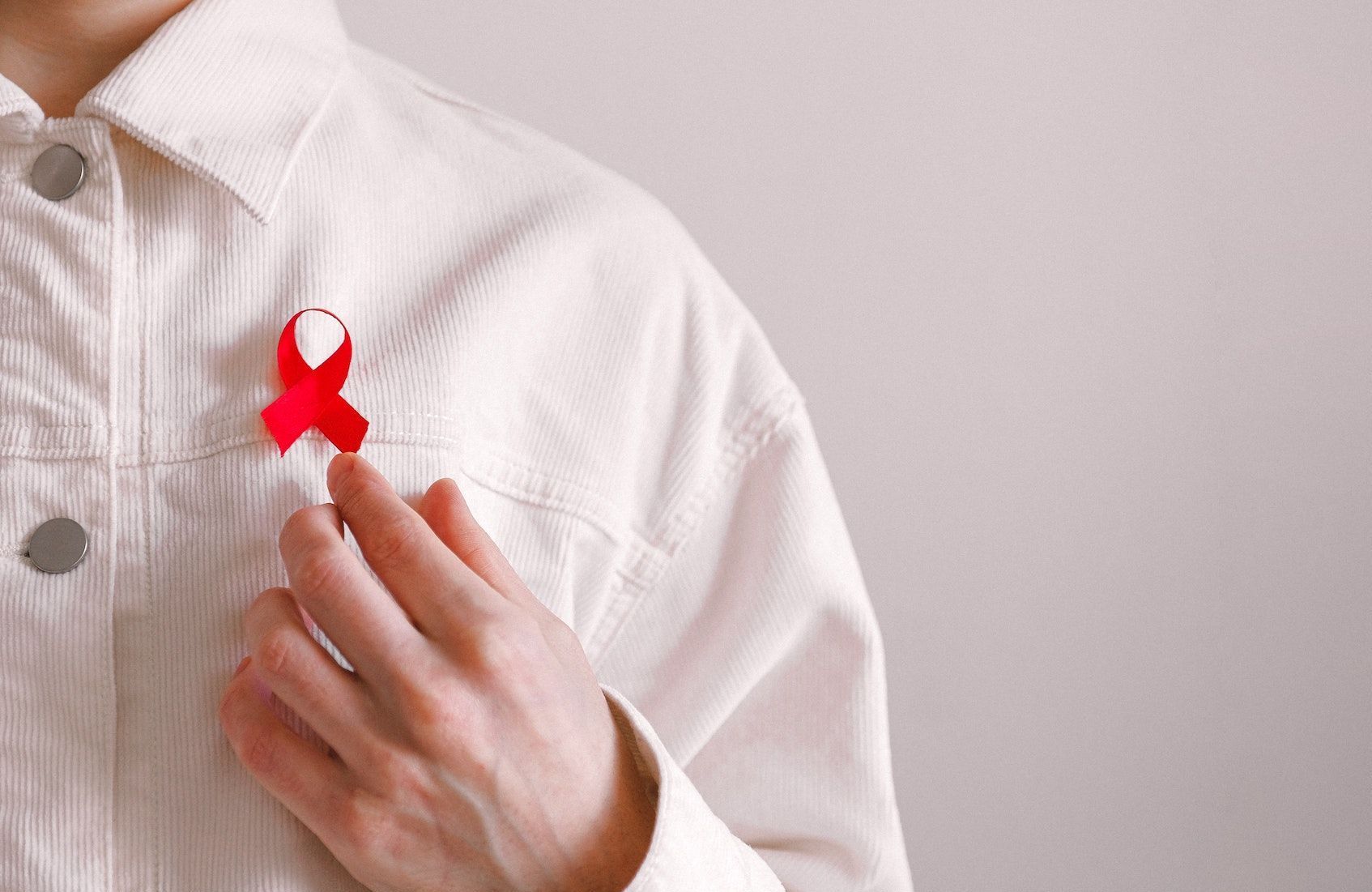Published on March 25, 2023 at 5:13 p.m.

AIDS: five misconceptions to fight among 15-24 year olds – ©Anna Shvets
The Sidaction takes place this weekend. On this occasion, a survey of young people under the age of 24 shows that their level of information about the disease has largely regressed.
A poll published on March 21 by Sidaction and the IFOP warns of a decline in young people’s knowledge of the disease since 2009. 37% of them believe that there is a vaccine against AIDS. An equivalent proportion believe that they are less likely than others to be affected by the disease.
One in four young people admit to being misinformed about HIV and AIDS this year. “We need to step up awareness and prevention efforts with this age group,” says Florence Thune, CEO of Sidaction. While three sex education sessions at school are compulsory, two out of three young people say they have never taken part in them.
5,000 people are detected HIV-positive every year. Among them, 15% belong to the 15-24 age group. Overview of some received ideas about the disease.
HIV is like AIDS
Fake. HIV is a human immunodeficiency virus. It is transmitted through blood, semen, vaginal secretions and breast milk. It is this virus that attacks the immune system and causes AIDS. The disease appears between five and ten years after contamination if the HIV-positive person does not follow treatment. AIDS weakens the immune system, which becomes vulnerable to all diseases.
There are drugs to cure AIDS
Fake. Hélène Roger, director of the analysis and advocacy division of Sidaction, reminds us that there is no cure for HIV or AIDS. However, antiretroviral treatments “stop the multiplication of HIV, allow the immune system to recover and thus reach the AIDS stage, but these are lifelong treatments”.
Sex with an HIV-positive person is necessarily risky
Fake. If the carrier of HIV takes treatment, the amount of virus in his blood is undetectable and there is no risk of catching it. On the other hand, if the HIV-positive person is unaware of his status or is not treated, the risks of contamination are significant. It is always better to bring a condom to protect yourself and get tested regularly.
I can get AIDS from kissing an HIV-positive person
Fake. The AIDS virus is not transmitted by kissing, sweating, drinking from the same glass, or shaking hands with someone who is HIV positive.
There is no risk with oral sex
Fake. If you practice fellatio or cunnilingus with an untreated person, the risks of transmission are lower but they still exist, especially if there are lesions on the mucous membranes.

